The decision to award England a penalty against the Netherlands in the Euro semi-final has sparked debate, but a closer look reveals why it was the right call.
The Incident
During the match, Netherlands defender Denzel Dumfries attempted to block a shot by England’s Harry Kane. In the process, Dumfries’ boot was slightly high, making contact with Kane’s follow-through, causing the England captain to fall in the box.
The Decision
The VAR reviewed the incident, and the referee was advised to check the pitch-side monitor. Subsequently, a penalty was awarded to England, much to the dismay of the Netherlands and their fans.
Justification
Despite criticisms, including Gary Neville calling it “an absolute disgrace,” the decision aligns with the rules of the game. According to IFAB regulations, any action deemed careless, reckless, or using excessive force, such as charging, jumping, or kicking, warrants a penalty. Dumfries’ studs-up challenge in the penalty box, even without malicious intent, met these criteria.
Common Practice
In the Premier League, such incidents often result in penalties, which helps explain the referee’s decision.
Historical Context
This penalty contributed to England’s quick comeback, marking the third fastest in a Euro semi-final after France vs. Yugoslavia in 1960 and England vs. Germany in 1996. The match reached halftime with a 1-1 scoreline.
Conclusion
While the penalty decision was contentious, it was ultimately fair based on the established rules and the nature of Dumfries’ challenge.


